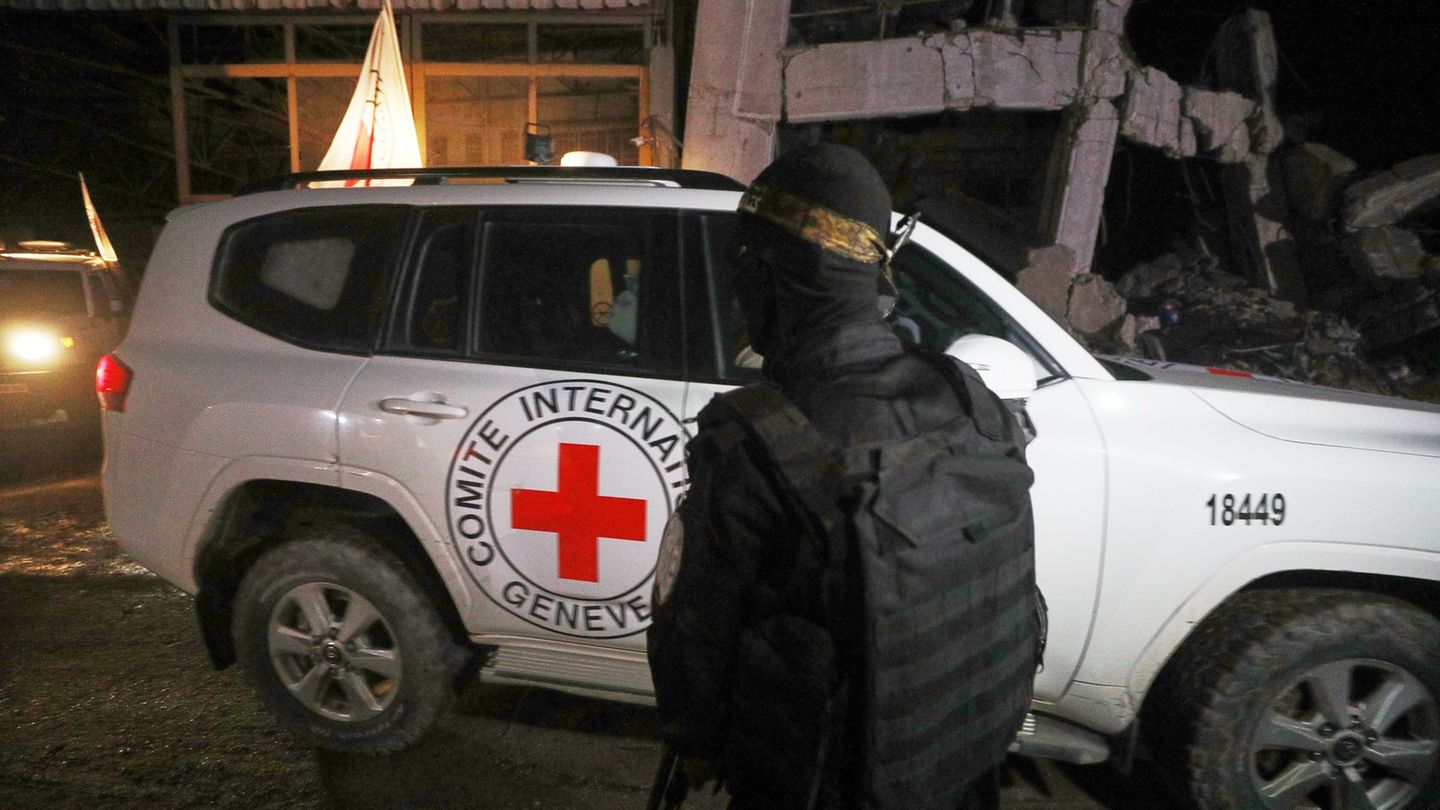I have been working in the news industry for over 6 years, first as a reporter and now as an editor. I have covered politics extensively, and my work has appeared in major newspapers and online news outlets around the world. In addition to my writing, I also contribute regularly to 24 Hours World.
Menu
After the deadly attack: “Terrorism against us all” – and what now?
Categories
Most Read
Sentenced to prison: Trump reduces Santos’ sentence – ex-MP is released
October 18, 2025
No Comments
Different way of dealing with AfD?: Merz in firewall debate: AfD is our main opponent
October 18, 2025
No Comments
Dispute over reserve soldiers: National Guard in Chicago: Trump turns to the Supreme Court
October 17, 2025
No Comments
Volodymyr Zelenskyj relies on Donald Trump even without tomahawks
October 17, 2025
No Comments
Ukraine War: Trump hopes the Ukraine war will end without tomahawks
October 17, 2025
No Comments
Latest Posts

Elections and markets: three scenarios for Argentine portfolios
October 18, 2025
No Comments
October 18, 2025 – 00:00 Beyond Sunday’s specific result, what will be central will be the market’s reading of the sustainability of the economic program

Markets, investments and politics: the new gap between expectations and results
October 18, 2025
No Comments
October 18, 2025 – 00:00 The surprising defeat of the ruling party in PBA altered political and financial expectations. After the breakdown of forecasts, the

The situation at a glance: More suspected hostage bodies handed over to Israel
October 18, 2025
No Comments
IvanI have been working in the news industry for over 6 years, first as a reporter and now as an editor. I have covered politics
24 Hours Worlds is a comprehensive source of instant world current affairs, offering up-to-the-minute coverage of breaking news and events from around the globe. With a team of experienced journalists and experts on hand 24/7.

